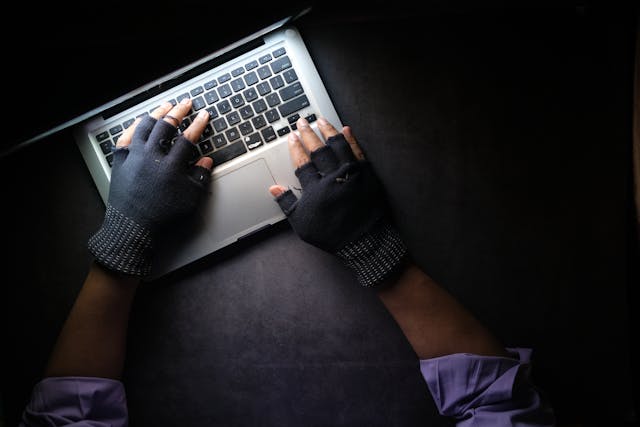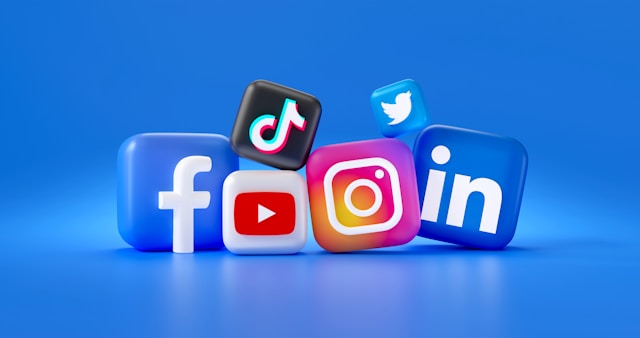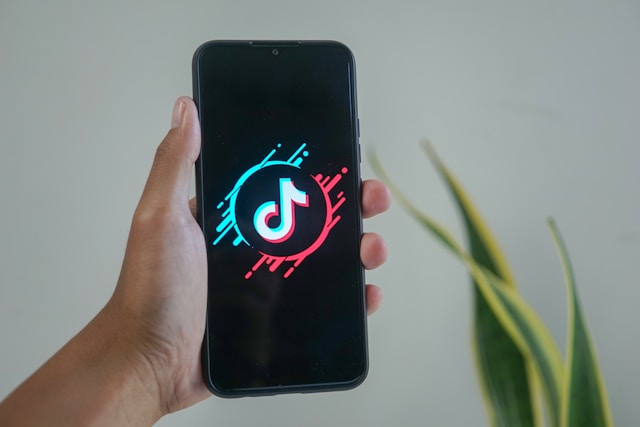US Banning TikTok: What’s the Real Score?
What’s the latest news on the US banning TikTok? Are the security concerns associated with the Chinese app legit? Or are the years-long attempts to ban the extremely popular platform from all US devices simply politically motivated fearmongering? Here are the latest updates on the continuing crackdown on TikTok.
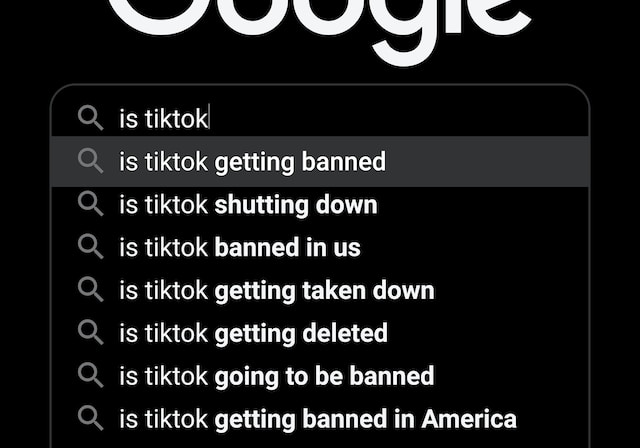
Is TikTok Banned in the US?
The fact that TikTok’s parent company, ByteDance, is a Chinese brand has everything to do with the US banning TikTok. At the same time, the “anti-Chinese” sentiment has nothing to do with xenophobia. TikTok’s explosive popularity among US users raises serious concerns — running the gamut from user data privacy risks to national security threats.
Is TikTok banned in the US right now? The US government has not yet succeeded in enforcing a nationwide ban. An active ban on the use of the app has already been in force for three years. The ban applies to US government devices issued to the military. Some restrictions are already in place in some universities. Governing bodies at the state, local, and federal levels have also completely restricted TikTok. To date, one state has taken the bold step and signed the TikTok ban into law — Montana.
On May 17th, Montana Governor Greg Gianforte signed the law banning TikTok statewide. TikTok and Montana TikTok users have already filed suits contesting the ban. But unless ByteDance sells TikTok or a court blocks the law, it will take effect on January 1, 2024. App stores that distribute the app will be penalized under the said law.
US Banning TikTok: What Other Countries Are Banning TikTok?
A growing list of nations and governing bodies have brazenly shut their doors on the app in recent years. Others have implemented varying levels of restrictions. Across the US, limitations and bans on TikTok are occurring piecemeal. Limitations and bans on the app are continuing to grow on a global scale. Talks among lawmakers about the US banning TikTok also persist.
Where is TikTok completely banned? Here’s a list of countries and international agencies that have prohibited the download and use of the app:
- Afghanistan. The Taliban banned TikTok in 2022, saying that the app goes against Islamic laws.
- Australia. The country has banned the app from all federal government-owned devices due to security concerns.
- Belgium. The country has banned the app from government officials’ work phones.
- Canada. The country has blocked TikTok from all government mobile devices due to “an unacceptable level of risk to privacy and security.”
- Denmark. Due to security considerations, Denmark’s Defense Ministry have prohibited their employees from downloading and using TikTok.
- India. The country implemented a nationwide ban on TikTok as early as 2020, along with 58 other Chinese apps.
- The Netherlands. The government strongly recommends that Dutch officials refrain from using TikTok.
- New Zealand. New Zealand’s Parliament prohibits the use of TikTok on all staff devices.
- Norway. The Norwegian Parliament suppresses the use of TikTok on government devices.
- Taiwan. TikTok and other Chinese-made software are not allowed on all government devices.
- UK. British government ministers are not allowed to use TikTok on their work phones and devices.
- The US. TikTok bas are in place in the White House. Federal agency staff are also required to delete the app from their phones.
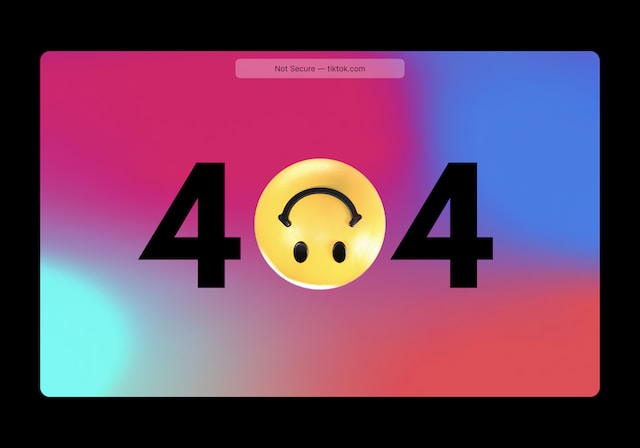
TikTok Ban in the US: A Brief History of Events
How did the issue of the US banning TikTok start? Let’s take a look at this still-evolving TikTok saga’s major turning points in recent years.
- August 2020. Then President Trump signed an executive order which was supposed to block all transactions with ByteDance. The order followed months of escalating concerns over the potential national security threat posed by TikTok because of its Chinese ownership.
The order reads: “The spread [of apps controlled by the Chinese government] continues to threaten the national security, foreign policy, and economy of the United States. The United States must take aggressive action against the owners of TikTok to protect our national security.”
- November 2022. More than two dozen states have passed bans on TikTok on government-issued devices and in universities. The University of Texas at Austin, Auburn University, and Boise State University are among many academic institutions that blocked the app from campus Wi-Fi networks.
- December 2022. Congress passed a bill banning TikTok on federal government-issued devices. There was also a push for a separate bipartisan bill seeking to ban TikTok and similar apps arising from countries like Russia and Iran.
- January 2023. Republican Senator Josh Hawley introduced a bill to ban TikTok for all Americans.
- February 2023. The White House gave federal agencies 30 days to delete the app from government devices.
- March 2023. The House of Foreign Affairs Committee voted to advance legislation that would grant President Biden the authority to ban TikTok nationwide. Later, a House committee invited TikTok CEO Shou Chew to testify in Congress. He answered questions about the app’s ties to ByteDance and China’s influence over the platform.
- May 2023. Governor Greg Gianforte signed a bill to ban TikTok in Montana, effective January 1st, 2024. Days later, TikTok filed a suit against the bill, citing First Amendment rights violations.
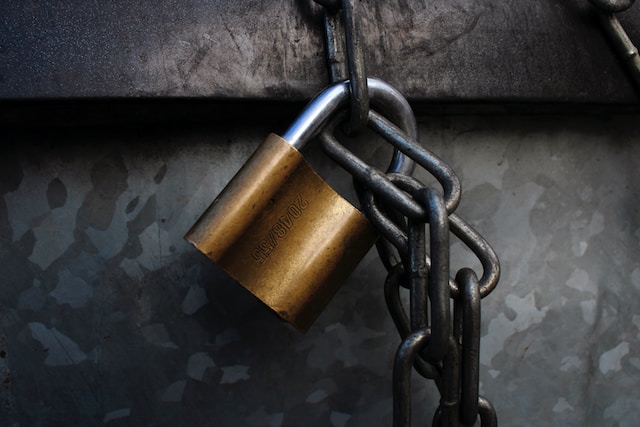
Why Does the US Want To Ban TikTok?
Why does the US want to ban TikTok? The US banning TikTok is also rooted in the decades-long geo-political conflict between two superpowers — the US and China.
In a speech during a State of the Union watch party at the White House, President Biden warns of China’s intention to dominate technologies of the future. ByteDance is a privately owned Chinese company. But China’s laws can give the government secret access to data from Chinese companies and citizens under the guise of intelligence gathering. This means that sensitive user data of US citizens may be easily within the reach of the Chinese government, courtesy of TikTok.
TikTok is more than a competitive threat in the realm of software innovations. Law enforcement and intelligence agencies warn that China may exploit and use the app to spy, spread disinformation, or sow discord. More specifically, they may use TikTok’s content recommendation algorithm to channel misinformation.
China’s aggressive and overt efforts to reinforce its “international discourse power” seem to underscore the seriousness of these warnings. And no one can deny TikTok’s unprecedented influence on recent major cultural and ideological shifts. It’s akin to putting the powerful Asian nation front and center on the world’s political stage.
Nobody can ignore the Chinese Communist Party’s influence over ByteDance. Chinese intelligence has proven itself to be highly adept in hacking. There have been numerous attempts by Chinese hackers to collect personal information of US citizens and target critical infrastructures. There’s no question that China poses a serious cyber threat to the US. As a Chinese-owned company, TikTok, through ByteDance, may be legally required to “assist” the government in its intelligence-gathering efforts.
Will TikTok Be Banned in the US?
Will TikTok be banned in the US any time soon? According to TikTok, the Biden administration is still pushing for ByteDance to sell the app to avert the US banning TikTok. According to a New York Times article, “TikTok said that in August, it submitted a 90-page proposal detailing how it planned to operate in the United States while addressing national security concerns. On March 23, a spokeswoman for China’s commerce ministry said China would “firmly oppose” the sale of the app.”
Currently, TikTok bans are only in place in universities, restricting access to the platform on their Wi-Fi networks. However, anybody who still wants to use TikTok can still do so by using their cellular data. Bans on government-issued devices are stricter.
US Banning TikTok: Is It Legal?
Is a US ban on TikTok forthcoming, and is it even legal? In the same New York Times article, a fellow at the Center for Strategic and International Studies points out the challenges of such a ban. “A broader, government-imposed ban that stops Americans from using an app that allows them to share their views and art could face legal challenges on First Amendment grounds. In democratic governments, the government can’t just ban free speech or expression without very strong and tailored grounds to do so, and it’s just not clear that we have that yet.”
These concerns carry a lot of merit, considering that “elected officials and major news organizations like The New York Times and The Washington Post now produce videos on TikTok.”
US Banning TikTok: How Will It Be Done?
If the US banning TikTok nationwide becomes a reality, how will it be done?
According to the Center for Strategic and International Studies fellow Caitlin Chin, the US government can block TikTok in a number of ways:
- The government can prevent TikTok from selling advertisements or making system updates to render it nonfunctional.
- App stores in the US can block downloads of certain apps. These include apps that no longer work or apps that carry inappropriate or illegal content.
- The government may also have the technological ability to remove apps from privately owned phones.
US Banning TikTok: Are the Privacy Issues Associated With TikTok Unique to the Platform?
It is well-known that “all social media networks engage in rampant collection of their users’ data.” Data & Society Research Institute senior researcher Robyn Caplan says, “The general consensus from the privacy community is that TikTok collects a lot of data, but it’s not out of step with the amount of data collected by other apps.”
The data-sharing scandal involving Facebook in 2018 prompted a Congressional hearing which demanded the platform’s chief executive’s presence. In December 2022, ByteDance’s owner also testified in Congress regarding a similar incident. According to ByteDance, its employees inappropriately obtained the TikTok data of two US journalists and a few of their associates. The Justice Department investigated the incident as a case involving illegal TikTok surveillance.
All the grievances of the powers over TikTok boil down to its Chinese ownership. The idea of Chinese technology in the pockets of 150 million Americans is cause for draconian measures. TikTok also serves as the perfect platform to use to reinforce the US government’s tough and uncompromising stance against China.
How To Protect Your Privacy
The issue of the US banning TikTok has made users more aware of potential privacy issues on the platform. The first thing you can do to protect your privacy is to have a private account vs. a public one. A private account is the ideal choice if you’re a regular user. You’ll have more control over who can see your personal details and videos, and who can interact with your content.
When you have a private account:
- Only people you approve can follow you and view your videos, LIVE, bio, likes, and your following and followers lists.
- Other people won’t be able to Duet, Stitch, or download your videos.
Follow these steps to set your account to private:
- Go to your Profile and tap the Menu in the top right.
- Tap Settings and privacy.
- Select Privacy.
- Turn on Private Account.
A public account is the better option for content creators and brands to maximize exposure, reach, and engagement. Regardless of the type of account, you can limit and manage the audience for your videos via your Privacy Settings. You can also do the same for individual videos. What are your options:
- Turn comments on or off.
- Choose who can comment on your videos.
- Allow people to download your videos.
- Enable/disable Duet or Stitch.
Keep in mind that whether you have a private or public account, anybody can search for you on TikTok. But you can choose if TikTok can suggest your account to others. You can also decide who can comment on your videos and who can send you DMs.
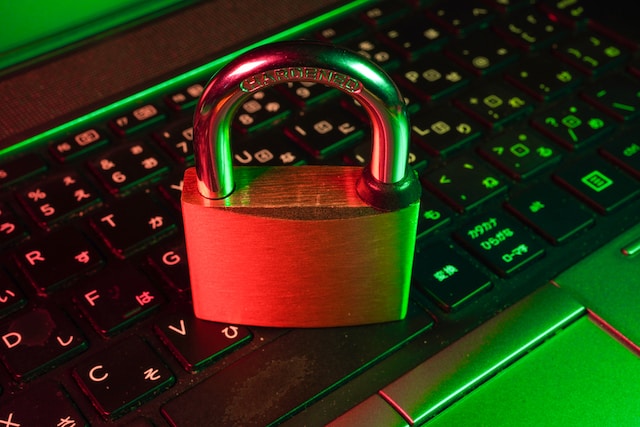
US Banning TikTok: What Can You Do in the Meantime?
Both sides of the fence have raised legitimate concerns about the US banning TikTok. Efforts working toward a nationwide ban of the app on all devices have not slowed down. And these are, unsurprisingly, running parallel to escalating geo-political tensions with China.
Protecting national security and personal data privacy without infringing First Amendment rights is a delicate balancing act. From the perspective of TikTok creators, losing access to the app would mean a significant loss in monetization opportunities.
What can you do in the meantime? Now more than ever, you need to step up your efforts to grow a solid following on the platform. Whether you’re a business or a creator, you should take advantage of opportunities to build your brand and make money. The future of TikTok in the US remains unclear. But while you still can, you should leverage its massive popularity and influence for your purposes.
TikTok’s For You feed algorithmic magic is still proving to be more reliable than other platforms’ algorithms. It makes growing a community of interested and engaged audiences fairly easy, as long as you’re creating targeted content. And with a devoted community comes better chances to achieve success on TikTok.
If you can further enhance your audience-targeting capability, you’ll experience even more accelerated growth. Teaming up with a TikTok expert like High Social makes this possible. Sign up for one of their monthly plans to leverage their advanced, proprietary AI technology — which makes audience targeting more efficient. Find your niche community on TikTok now before the TikTok ban in the US is finally brought to full fruition.
Start growing your TikTok today!


